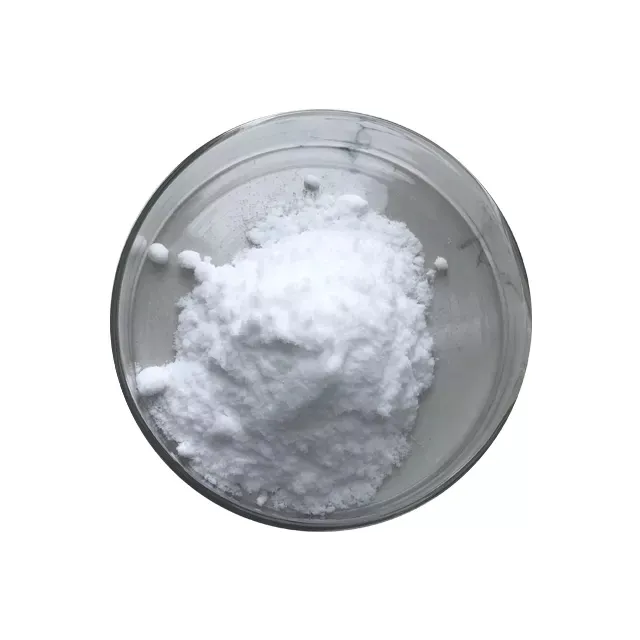Warning: Undefined array key "title" in /home/www/wwwroot/HTML/www.exportstart.com/wp-content/themes/1198/header.php on line 6
Warning: Undefined array key "file" in /home/www/wwwroot/HTML/www.exportstart.com/wp-content/themes/1198/header.php on line 7
Warning: Undefined array key "title" in /home/www/wwwroot/HTML/www.exportstart.com/wp-content/themes/1198/header.php on line 7
Warning: Undefined array key "title" in /home/www/wwwroot/HTML/www.exportstart.com/wp-content/themes/1198/header.php on line 7
- Afrikaans
- Albanian
- Amharic
- Arabic
- Armenian
- Azerbaijani
- Basque
- Belarusian
- Bengali
- Bosnian
- Bulgarian
- Catalan
- Cebuano
- China
- China (Taiwan)
- Corsican
- Croatian
- Czech
- Danish
- Dutch
- English
- Esperanto
- Estonian
- Finnish
- French
- Frisian
- Galician
- Georgian
- German
- Greek
- Gujarati
- Haitian Creole
- hausa
- hawaiian
- Hebrew
- Hindi
- Miao
- Hungarian
- Icelandic
- igbo
- Indonesian
- irish
- Italian
- Japanese
- Javanese
- Kannada
- kazakh
- Khmer
- Rwandese
- Korean
- Kurdish
- Kyrgyz
- Lao
- Latin
- Latvian
- Lithuanian
- Luxembourgish
- Macedonian
- Malgashi
- Malay
- Malayalam
- Maltese
- Maori
- Marathi
- Mongolian
- Myanmar
- Nepali
- Norwegian
- Norwegian
- Occitan
- Pashto
- Persian
- Polish
- Portuguese
- Punjabi
- Romanian
- Russian
- Samoan
- Scottish Gaelic
- Serbian
- Sesotho
- Shona
- Sindhi
- Sinhala
- Slovak
- Slovenian
- Somali
- Spanish
- Sundanese
- Swahili
- Swedish
- Tagalog
- Tajik
- Tamil
- Tatar
- Telugu
- Thai
- Turkish
- Turkmen
- Ukrainian
- Urdu
- Uighur
- Uzbek
- Vietnamese
- Welsh
- Bantu
- Yiddish
- Yoruba
- Zulu
Nov . 06, 2024 10:49 Back to list
Understanding Aspartame and Its Impact on Phenylalanine Levels in the Body
Aspartame and Phenylalanine Understanding Their Relationship and Implications
Aspartame, a widely used artificial sweetener, has been a topic of controversy and discussion since its approval by the U.S. Food and Drug Administration (FDA) in 1981. Found in numerous food products, beverages, and even medications, aspartame is approximately 200 times sweeter than sucrose (table sugar) and serves as a popular alternative for those seeking to reduce calorie intake. However, one crucial aspect of aspartame consumption is its relationship with phenylalanine, an amino acid that can be problematic for certain individuals.
What is Aspartame?
Aspartame is synthesized from two amino acids aspartic acid and phenylalanine. When aspartame is metabolized in the body, it breaks down into these components, including methanol. For the vast majority of the population, aspartame poses no significant health risks and is considered safe. It provides the sweet taste without the calories of sugar, making it a staple ingredient in diet and sugar-free products.
The Role of Phenylalanine
Phenylalanine is an essential amino acid found in many protein-rich foods such as meat, fish, eggs, dairy products, and some vegetables. It plays a vital role in the body by serving as a precursor to neurotransmitters like dopamine, which are crucial for proper brain function and mood regulation.
However, individuals with a rare genetic disorder known as phenylketonuria (PKU) must monitor their phenylalanine intake closely. PKU prevents the body from adequately metabolizing phenylalanine, leading to its accumulation in the blood. High levels can cause severe neurological damage and developmental issues in children, making the management of phenylalanine consumption critical for those with this condition.
Aspartame Labeling for Safety
aspartame and phenylalanine

Due to the potential risks associated with phenylalanine consumption in individuals with PKU, aspartame is required to carry a warning label on products that contain it. The label typically states Contains phenylalanine, which is crucial information for those who suffer from this disorder.
The warning serves as a reminder for consumers to be vigilant about their dietary choices. This is particularly pertinent because many food products, including sugar-free gums, soft drinks, and low-calorie snacks, can contain aspartame, and hence, phenylalanine. Although these products are safe for the general population, people with PKU need to avoid them to prevent health complications.
Public Perception and Research
The safety of aspartame has been extensively studied, and numerous health authorities, including the FDA, the European Food Safety Authority (EFSA), and the World Health Organization (WHO), have concluded that aspartame is safe for human consumption at recommended levels. Despite these findings, misconceptions and fears surrounding artificial sweeteners persist. Many people associate aspartame with adverse health effects, often fueled by anecdotal reports and misinformation.
It is essential to bridge the gap between scientific evidence and public perception. Educating consumers about aspartame and phenylalanine's implications can empower them to make informed dietary choices while addressing the concerns of those affected by PKU.
Conclusion
Aspartame is a convenient and effective low-calorie sweetener for many, but its connection to phenylalanine necessitates careful consideration for individuals with PKU. As with any food product, understanding what we consume is paramount for health and well-being. Ongoing research and clear communication from health organizations will continue to play a vital role in shaping public understanding of aspartame, phenylalanine, and their safe consumption.
In navigating dietary choices, awareness and education remain the keys to ensuring safety for those at risk while allowing the broader population to enjoy the benefits of low-calorie sweeteners like aspartame.
Latest news
-
Certifications for Vegetarian and Xanthan Gum Vegetarian
NewsJun.17,2025
-
Sustainability Trends Reshaping the SLES N70 Market
NewsJun.17,2025
-
Propylene Glycol Use in Vaccines: Balancing Function and Perception
NewsJun.17,2025
-
Petroleum Jelly in Skincare: Balancing Benefits and Backlash
NewsJun.17,2025
-
Energy Price Volatility and Ripple Effect on Caprolactam Markets
NewsJun.17,2025
-
Spectroscopic Techniques for Adipic Acid Molecular Weight
NewsJun.17,2025

